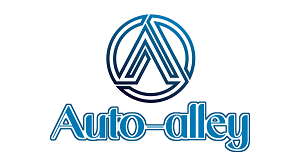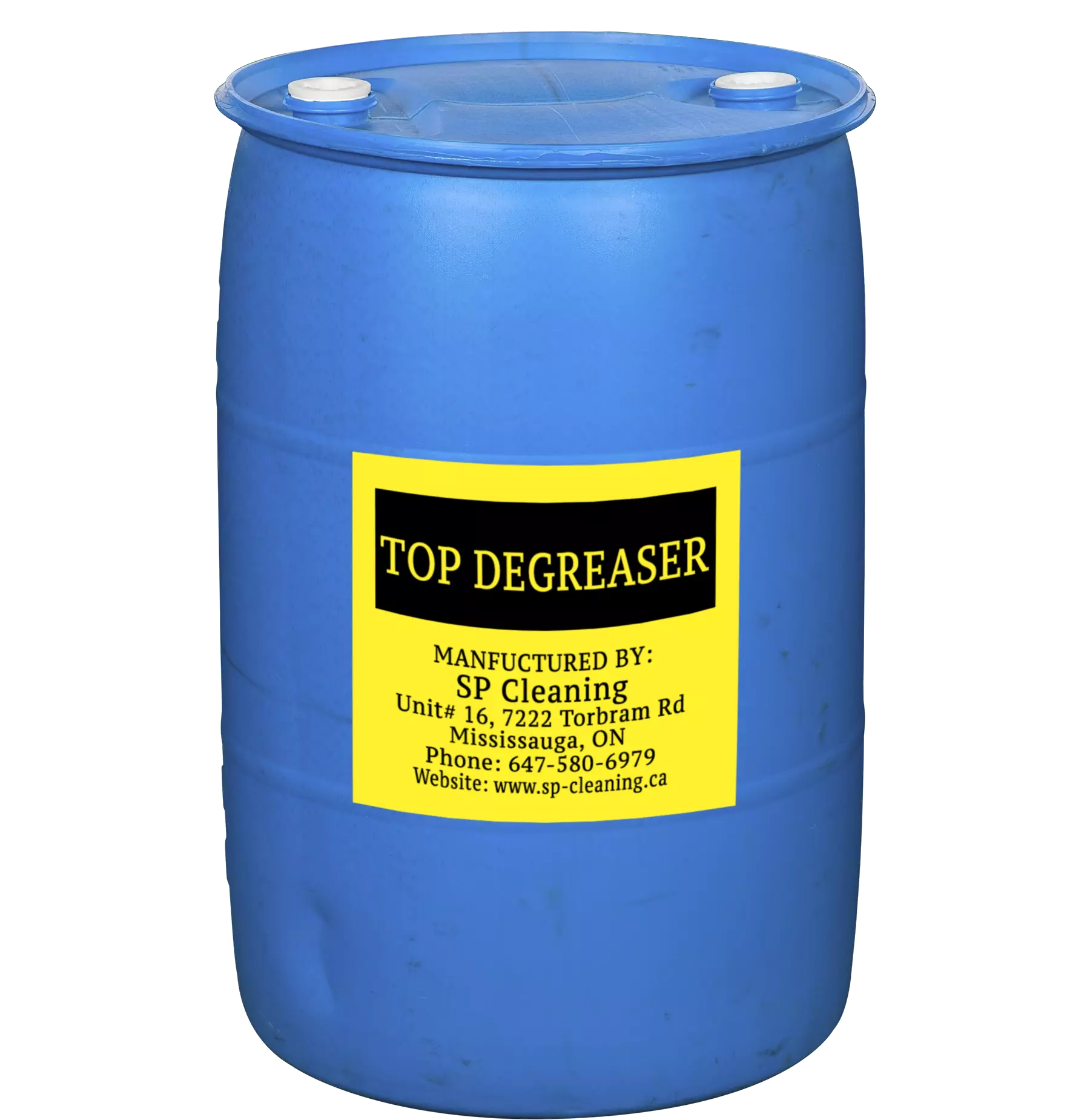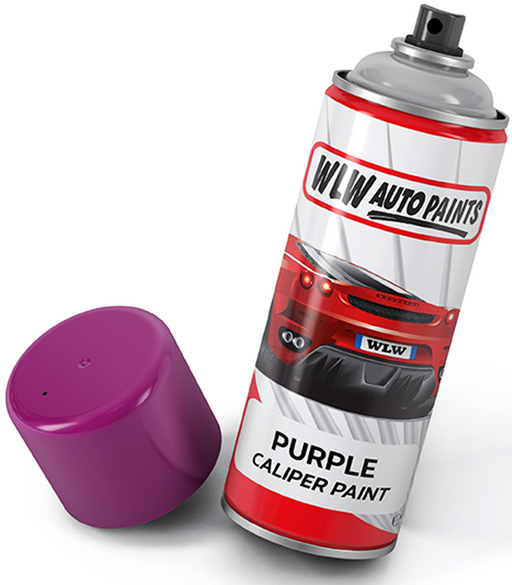Stop & Go Driving: 5 Effects Traffic Jams Have On Your Car

Traffic jams. The bane of every commuter’s existence. Sitting idly in a sea of cars inching forward, stop-and-go, stop-and-go. It’s not just frustrating for the driver’s nerves; it’s also taxing for the car.
In this article, we discuss the often-overlooked effects of frequent stop-and-go driving on your vehicle’s components and performance. From engine diagnostics in Pinellas Park to affordable auto repair in the Bay Area, understanding these impacts can help you better maintain your car and avoid costly repairs down the road.
The Toll of Traffic Jams on Your Vehicle
Traffic jams are not only frustrating for commuters but also take a toll on their vehicles. The stop-and-go nature of traffic congestion can lead to various issues, affecting different components of your car.
Let’s delve deeper into the significant impacts of traffic jams on your vehicle:
1. Constant Braking, Constant Wear
Each time you hit the brakes in stop-and-go traffic, your car’s brake pads and rotors experience significant wear and tear. The repeated application of brakes, often in quick succession, can lead to accelerated deterioration of these critical components.
As a result, you may find yourself needing to replace brake pads more frequently than under normal driving conditions. Additionally, the constant friction between the brake pads and rotors can cause the latter to develop uneven surfaces, necessitating rotor resurfacing or replacement.
This continuous wear and tear not only increases your maintenance costs but also compromises your vehicle’s braking performance and safety. Worn-out brake pads and rotors may lead to longer stopping distances and reduced effectiveness in emergency braking situations, putting you and your passengers at risk.
2. Strain on the Transmission
Stop-and-go driving places significant strain on your car’s transmission system. The constant shifting between gears, coupled with the need to accelerate from a standstill, can accelerate transmission wear and lead to a host of issues. One common problem associated with stop-and-go traffic is overheating of the transmission fluid.
The frequent engagement of the transmission, particularly in lower gears, generates heat that can surpass the system’s cooling capacity. As a result, the transmission fluid may degrade faster, leading to diminished lubrication and increased friction within the transmission components.
Furthermore, the repeated stress on the transmission can cause premature wear of gears, clutches, and other internal components. Over time, this wear and tear can compromise the transmission’s ability to function properly, resulting in erratic shifting, slipping, or complete failure.
3. Excessive Idling, Reduced Efficiency

Image Caption: With proactive maintenance and timely repairs, you can keep your vehicle running smoothly.
Sitting idle in traffic means your car’s engine is running without moving, leading to prolonged periods of idling. During idle conditions, the engine continues to burn fuel to maintain operation, albeit at a reduced rate compared to driving. However, the cumulative effect of prolonged idling can have significant consequences for fuel efficiency and emissions.
Excessive idling not only wastes fuel but also contributes to increased emissions of harmful pollutants such as carbon dioxide (CO2) and nitrogen oxides (NOx). These emissions not only harm the environment but also degrade air quality, particularly in urban areas with heavy traffic congestion.
Moreover, prolonged idling can have adverse effects on engine performance and longevity. The lack of airflow and cooling during idle conditions can cause heat buildup in the engine compartment, potentially leading to overheating and damage to engine components.
4. Heat Buildup in the Engine
Stop-and-go driving can cause heat buildup in your car’s engine compartment, posing a risk of overheating. The constant stop-and-start motion of traffic congestion restricts airflow through the radiator, impeding the engine’s cooling system’s ability to dissipate heat effectively. As a result, engine temperatures may rise to dangerous levels, especially in older vehicles or those with inadequate cooling systems.
Excessive heat can cause thermal stress on engine components, leading to accelerated wear and potential failure. Critical engine parts, such as the cylinder head, pistons, and valves, are particularly vulnerable to heat-related damage. Over time, prolonged exposure to high temperatures can cause these components to warp, crack, or seize, resulting in costly repairs or even engine replacement.
5. Wear on Suspension and Steering Components
The constant start-and-stop motion of traffic jams puts significant strain on your car’s suspension and steering components. The abrupt changes in speed and direction subject these parts to repetitive stress, leading to accelerated wear and potential failure.
Shocks, struts, tie rods, and other vital suspension and steering components are designed to absorb impacts and maintain stability during normal driving conditions. However, the frequent jolts and vibrations experienced in stop-and-go traffic can exceed the components’ intended operating limits, causing premature wear and degradation.
Over time, worn suspension and steering components can compromise your vehicle’s handling, ride comfort, and overall stability. You may notice symptoms such as excessive body roll, bouncing, or uneven tire wear, indicating the need for inspection and potential replacement of these critical parts.
Trust Platinum Wrench Auto Repair for Your Car Care Needs
Image Caption: Prolonged exposure to high temperatures can cause the engine components of a car to warp, crack, or seize, resulting in costly repairs or even engine replacement
The effects of stop-and-go driving on your car are undeniable. From brake wear to transmission strain, the toll of traffic jams can be significant. However, with proactive maintenance and timely repairs, you can mitigate these effects and keep your vehicle running smoothly.
When it comes to engine diagnostics, car engine repair, and affordable auto repair in Pinellas Park, trust Platinum Wrench Auto Repair. With their comprehensive vehicle repair services and experienced technicians, they are there to address all your car care needs.
Contact them today at 727-544-4555 to schedule an appointment and experience the difference firsthand. Don’t let traffic jams slow you down—let Platinum Wrench keep you moving forward.






